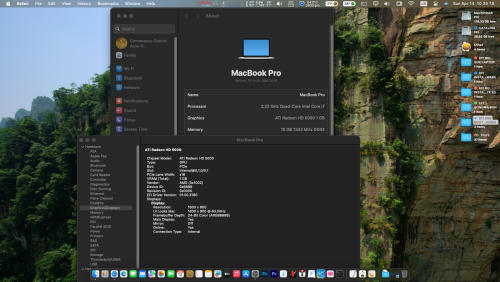
So which party farked up the attempt at fixing the farkup? Things aren't clear at the moment, but it appears that Apple may be to blame for this one, for its battery recall site is also rejecting what according the site are valid serial numbers. Apple has thus far not commented on (or corrected) these issues.
If you have an identified hazardous battery part, tell us about your experience with Apple's battery recall program.
UPDATE: The CPSC site has now revised its chart to match the Apple Site's chart.
- Read more...
- 10 comments
- 6,659 views










